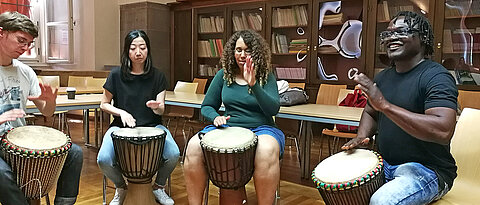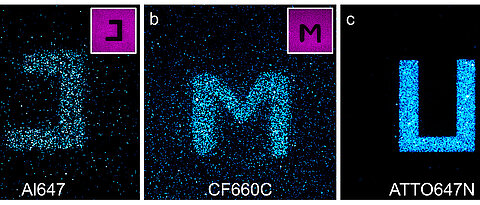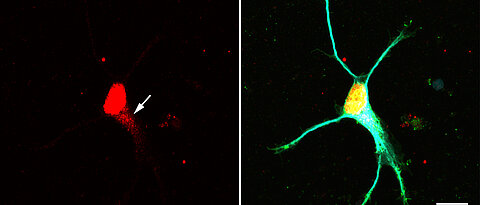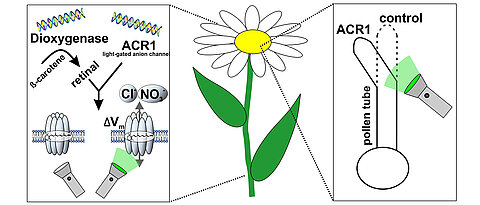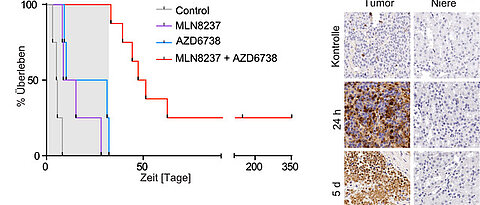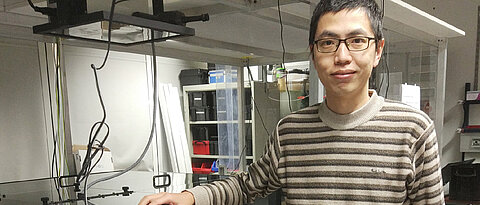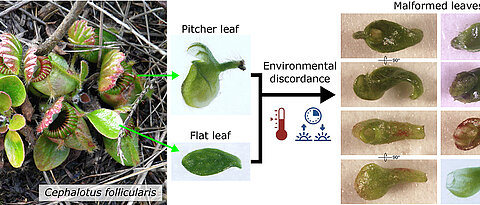Optogenetics: Light Regulates an Enzyme
03/29/2021![[Translate to Englisch:] Violet light triggers a signalling chain in the light sensor protein switch-Cyclop, blue or green light stops the chain. At the end, the production of the signalling molecule cGMP is regulated by the enzyme guanylyl cyclase (GC).](/fileadmin/_processed_/2/f/csm_12nagel-bmcbiology-www_a6d777b6fa.jpg)
New tool for cell biology: Würzburg researchers have developed a light sensor with an enzyme function that can be switched on and off with different light colours.
more

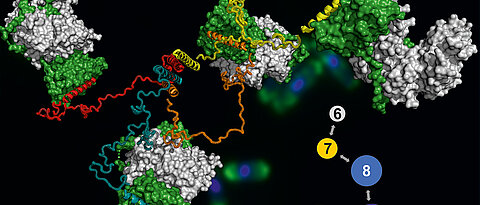

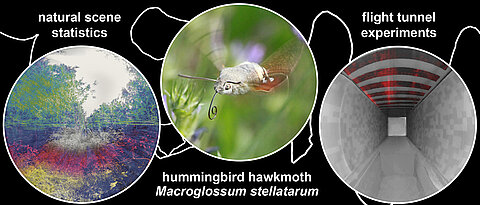
![Quantum physics with a cat: a mobile phone game is designed to whet children's and young people's appetites for physics. (Photo: Philipp Stollenmayer) [Translate to Englisch:]](/fileadmin/_processed_/c/7/csm_ctqmat_MobileGame_Picture_AbbildungPhilippStollenmayer_www_6c75880542.png)
